Did you know that mosquitoes are among the most dangerous insects in the world? Dengue infections, Malaria, elephant legs are all caused by mosquito bites.
Researchers reveal that the mosquito’s mouth, called a proboscis (pronounced pro-BOSS-iss), isn’t just one tiny spear. It’s a sophisticated system of thin needles, each of which pierces the skin, finds blood vessels, and makes it easy for mosquitoes to suck the blood out of them.
According to npr.org, when the female mosquito pierces the skin, a flexible liplike sheath scrolls up and stays outside as the insect pushes in the six needle-like parts.
Two of these needles, called maxillae, have tiny teeth that let the mosquito saw through human skin. “They’re like drill bits — so sharp we barely feel the bite,” says UC Davis biochemistWalter Leal.
The mosquito’s sixth needle — called the hypopharynx — drips mosquito saliva from the bug into us. That saliva contains substances that keep our blood flowing.
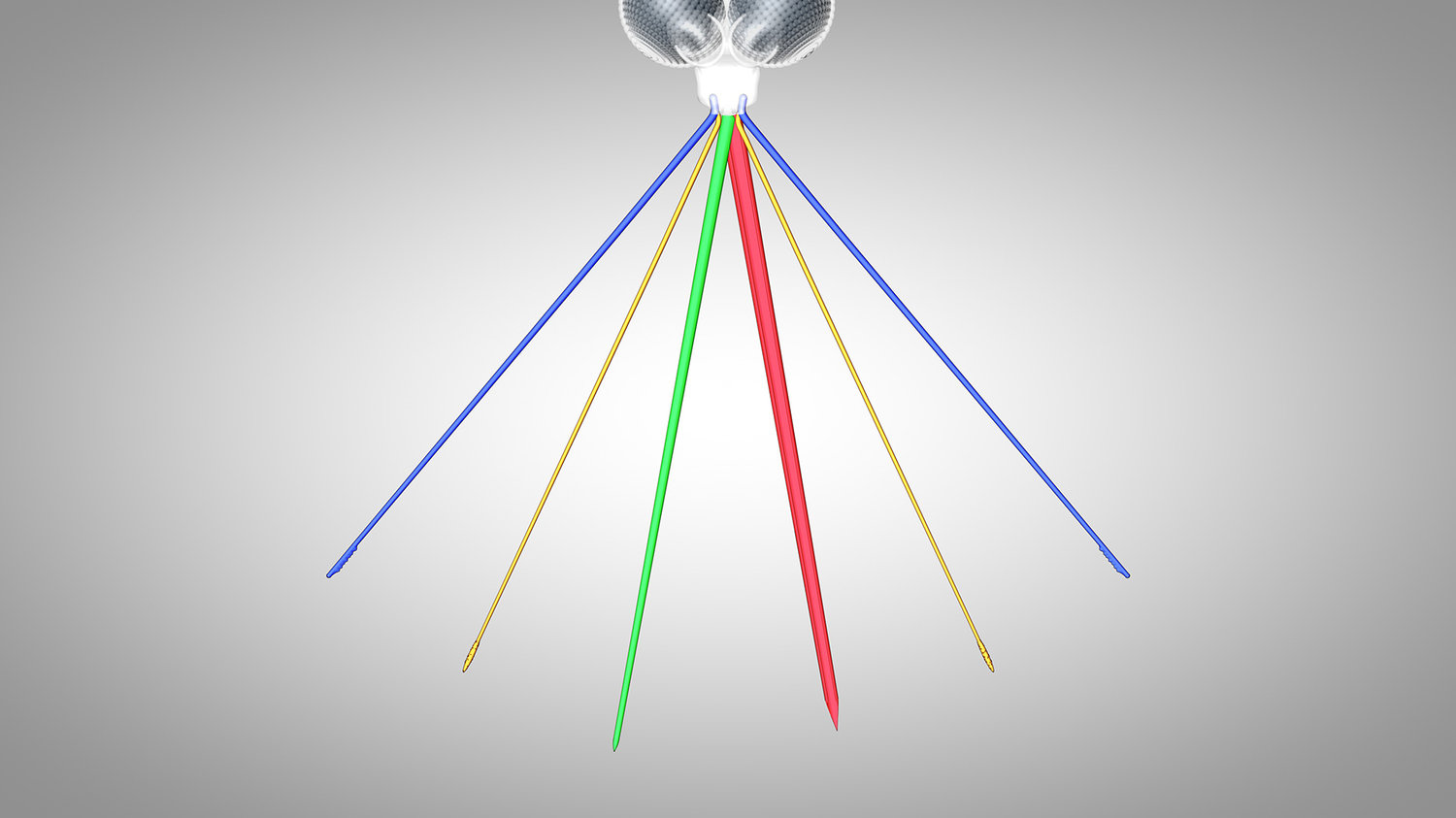
Mosquito saliva is powerful stuff. It makes our blood vessels dilate, blocks our immune response and lubricates the insect’s proboscis. It causes us to develop itchy welts and can serve as a conduit for dangerous viruses and parasites.
“Infected mosquitoes spit highly variable doses, anywhere from one infectious virion to 10,000,” says UC Davis virologistLark Coffey
“Within 20 minutes they make it to the human liver,” says Luckhart. “It’s a very fast process.”
Sources: Deep Look


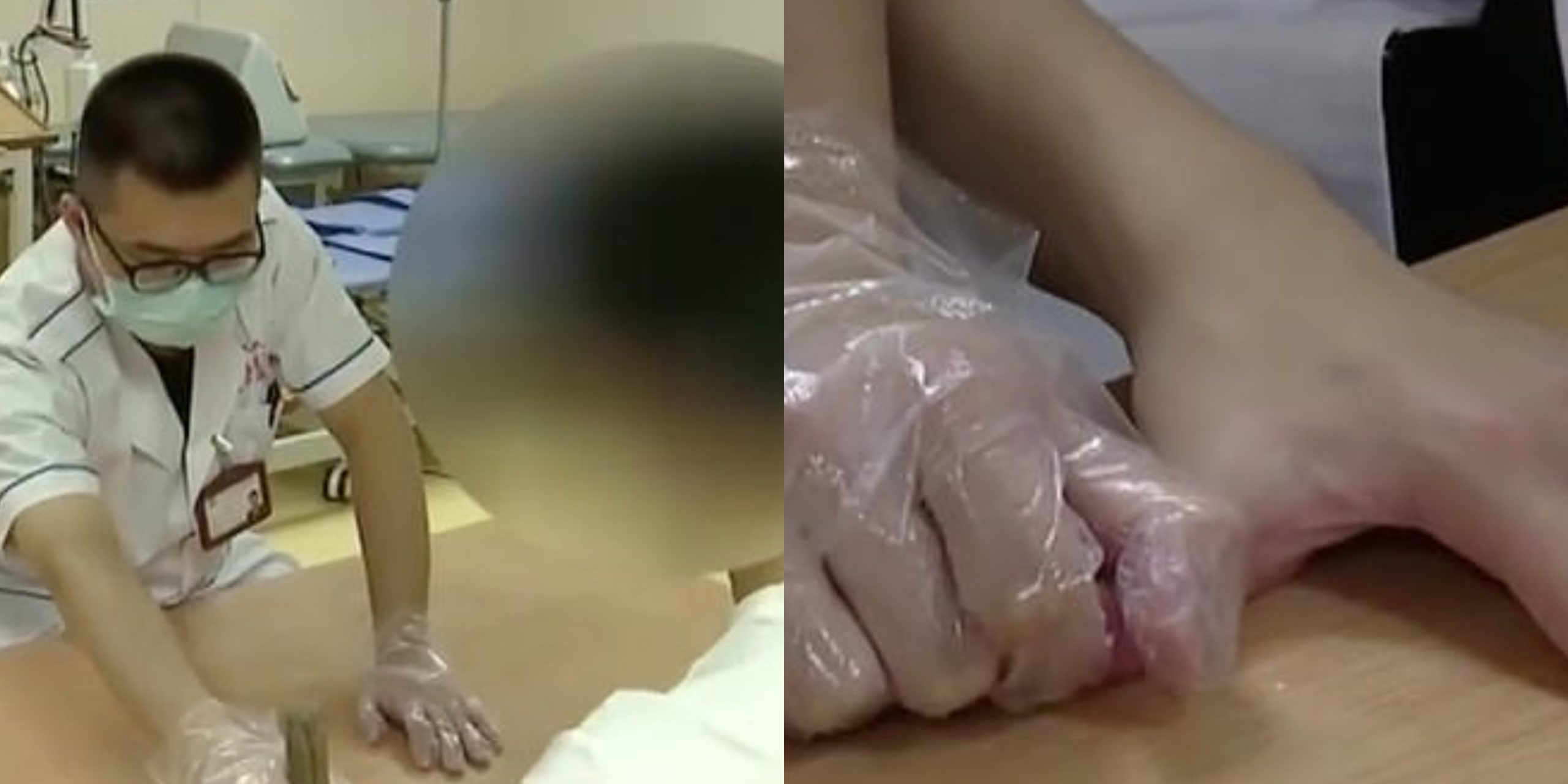

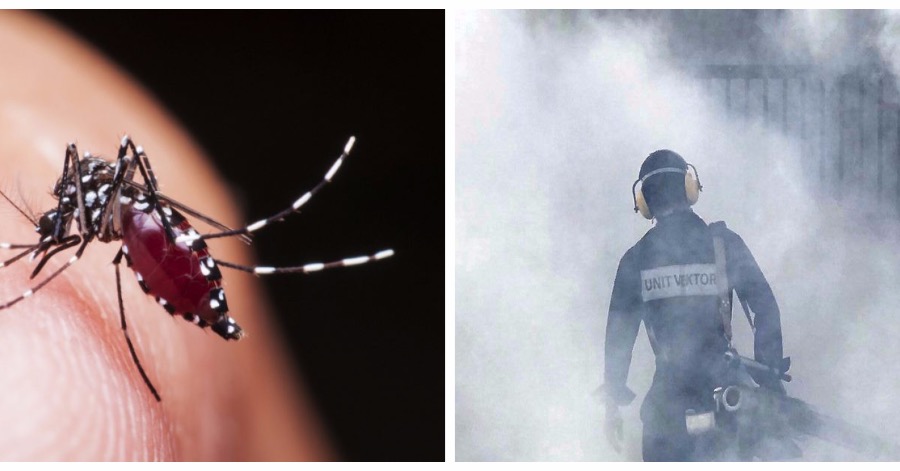
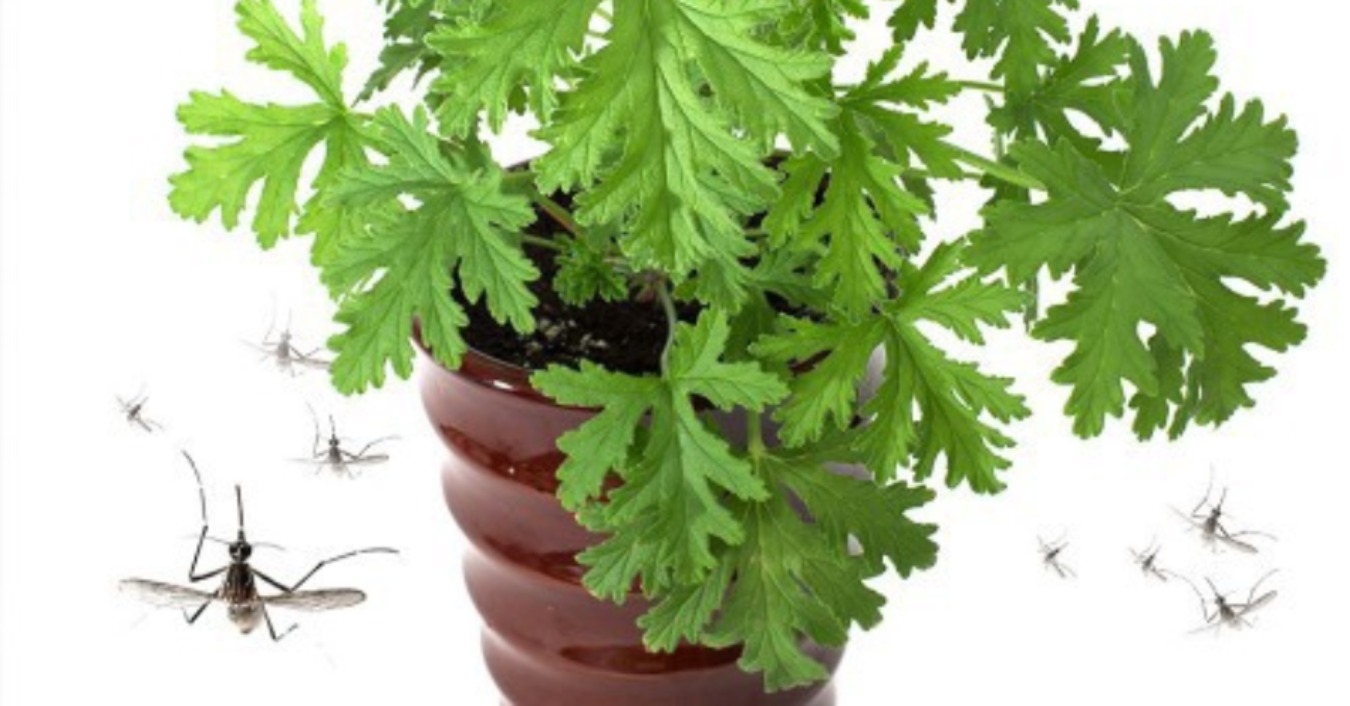

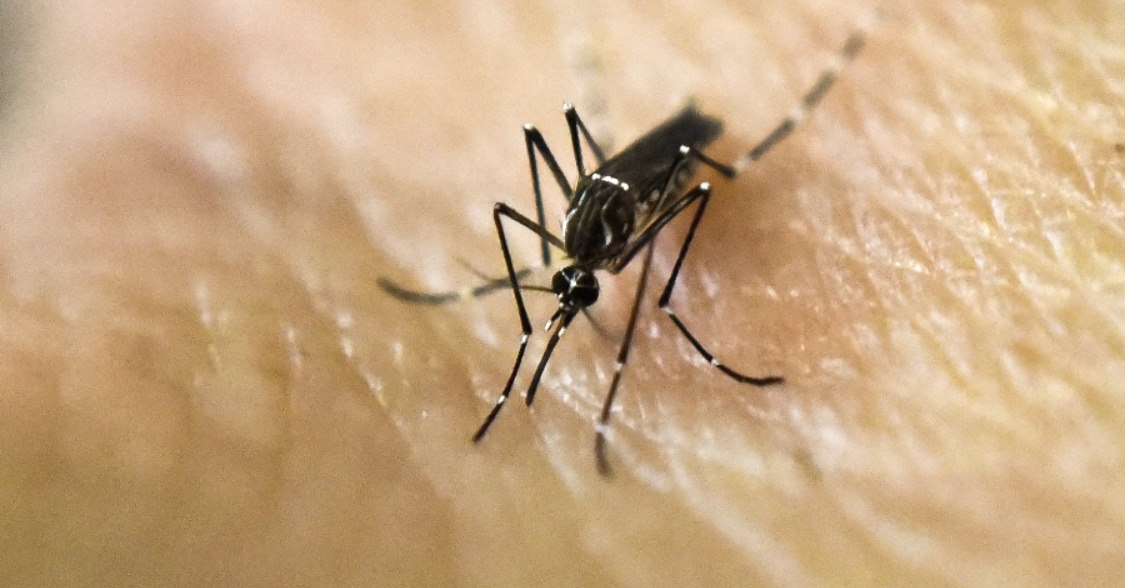

Leave a Comment